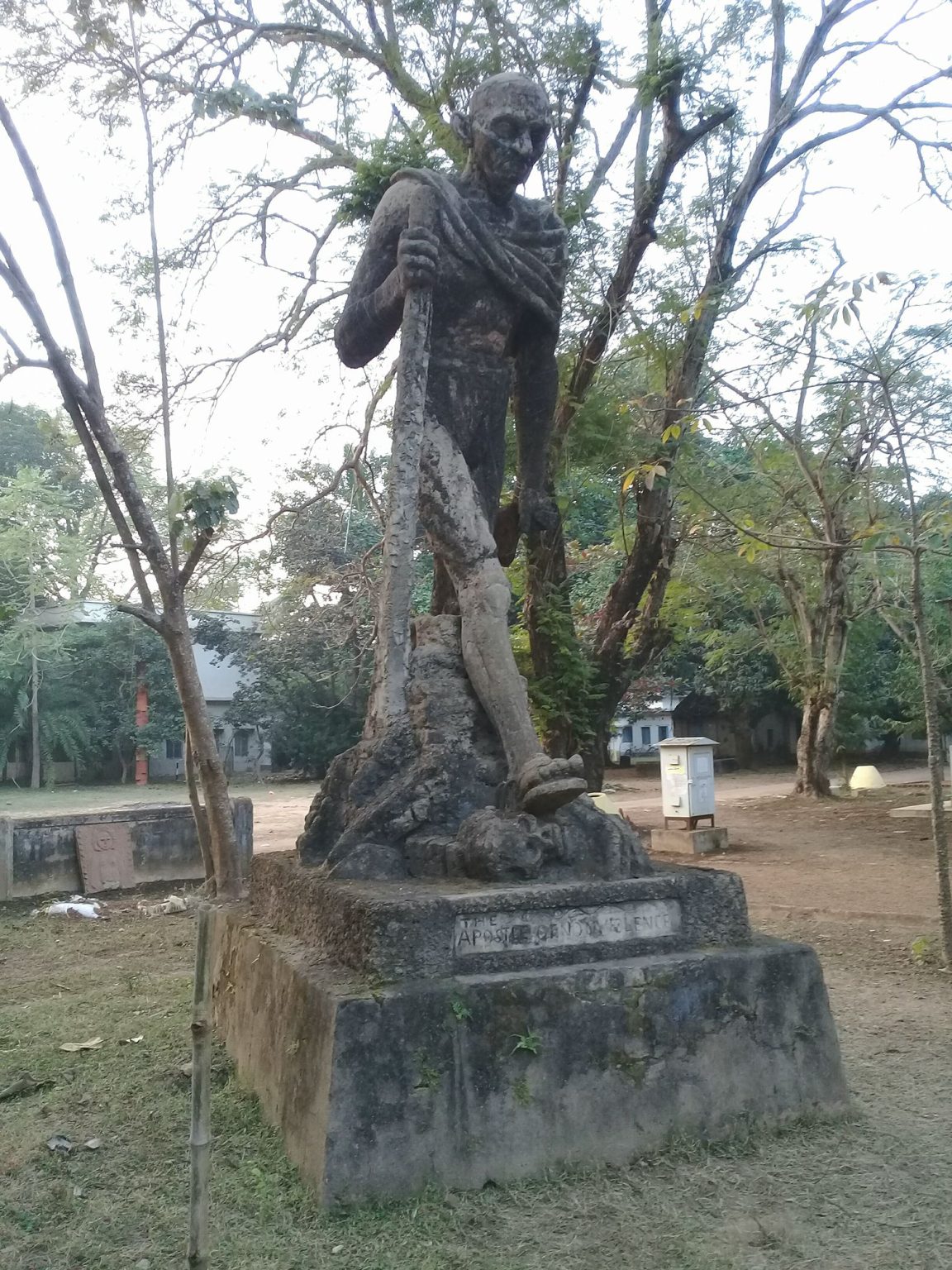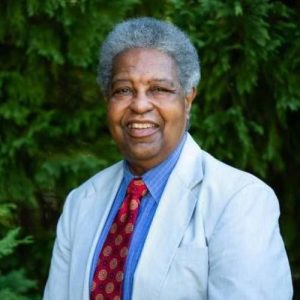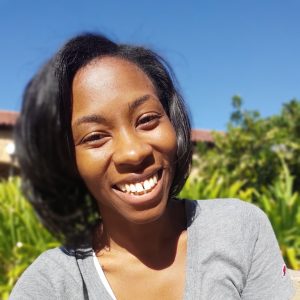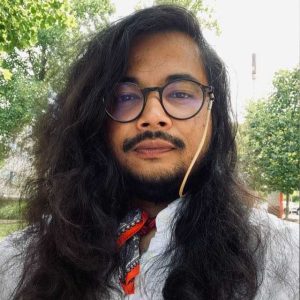By: Rachel Ruff
“Caste, Class, and Race: Inequality and Reparations in the US and India,” a brand-new program from Duke Immerse designed by the Samuel DuBois Cook Center on Social Equity, offers Duke undergraduates an opportunity to spend the spring 2025 semester exploring group-based, systemic inequality with a focus on India and the United States, two of the most unequal countries in the world today.
Led by a distinguished team of faculty, including Cook Center director William A. “Sandy” Darity Jr., chair of the Duke history department Sumathi Ramaswamy, and researchers Avrati Bhatnagar, Ayinwi Muma, and Arko Dasgupta, the program will draw connections between the oppression faced by marginalized communities in the United States and India. Moreover, it will empower students to analyze how systemic inequality is experienced on the ground and how oppressed groups have historically advocated for greater rights and reparative justice. Students in “Caste, Class, and Race” will immerse themselves in comparative research through an intensive, interdisciplinary curriculum and an eye-opening journey to New Delhi, India.
Instructors
“W.E.B. Du Bois said that the color line was the problem of the twentieth century,” says Shahrazad Shareef, Cook Center Research Associate, Assistant Director of the Inequality Studies Minor, and the Cook Center’s program coordinator for “Caste, Class, and Race.” “But as we return to that prophecy we have to ask: Was he only speaking about the United States?”
The development of the “Caste, Class, and Race” program has deep intellectual roots dating back to 1995. That was when Dr. Sukhadeo Thorat, an Indian economist, an expert on B. R. Ambedkar, and professor emeritus in Centre for the Study of Regional Development, Jawaharlal Nehru University, contacted Dr. William A. “Sandy” Darity, Jr., after reading his introduction to a two-volume collection titled Economics and Discrimination. This initial exchange led to a long-standing, and ongoing, collaboration.
Moreover, “the very first semester of the Global Inequality Research Initiative (GIRI) Seminar in 2014 was devoted to the comparative analysis of the condition of dalits in India and blacks in the United States,” said Darity, the Samuel DuBois Cook Professor of Public Policy, African and African American Studies, Economics, and Business at Duke University. “And the subject matter from that first semester provides an ideal theme for a Duke Immerse semester.”
In October 2023, Professor Darity formally proposed the Duke Immerse “Caste, Class, and Race” program, the product of two-plus decades of scholarly exchange and cross-cultural study. As part of the students’ trip to New Delhi, they will hear from Dr. Thorat, a leading expert on B.R. Ambedkar and his legacy, as well as with numerous other leading Indian scholars of inequality.
Notably, a portion of the trip will also see the students following the steps of Rev. Dr. Martin Luther King Jr., who drew inspiration from Gandhi’s philosophy of nonviolence during his 1959 trip to India. For instructors, the goal is for students to leave with a deeper understanding of how different communities have fought against injustice.
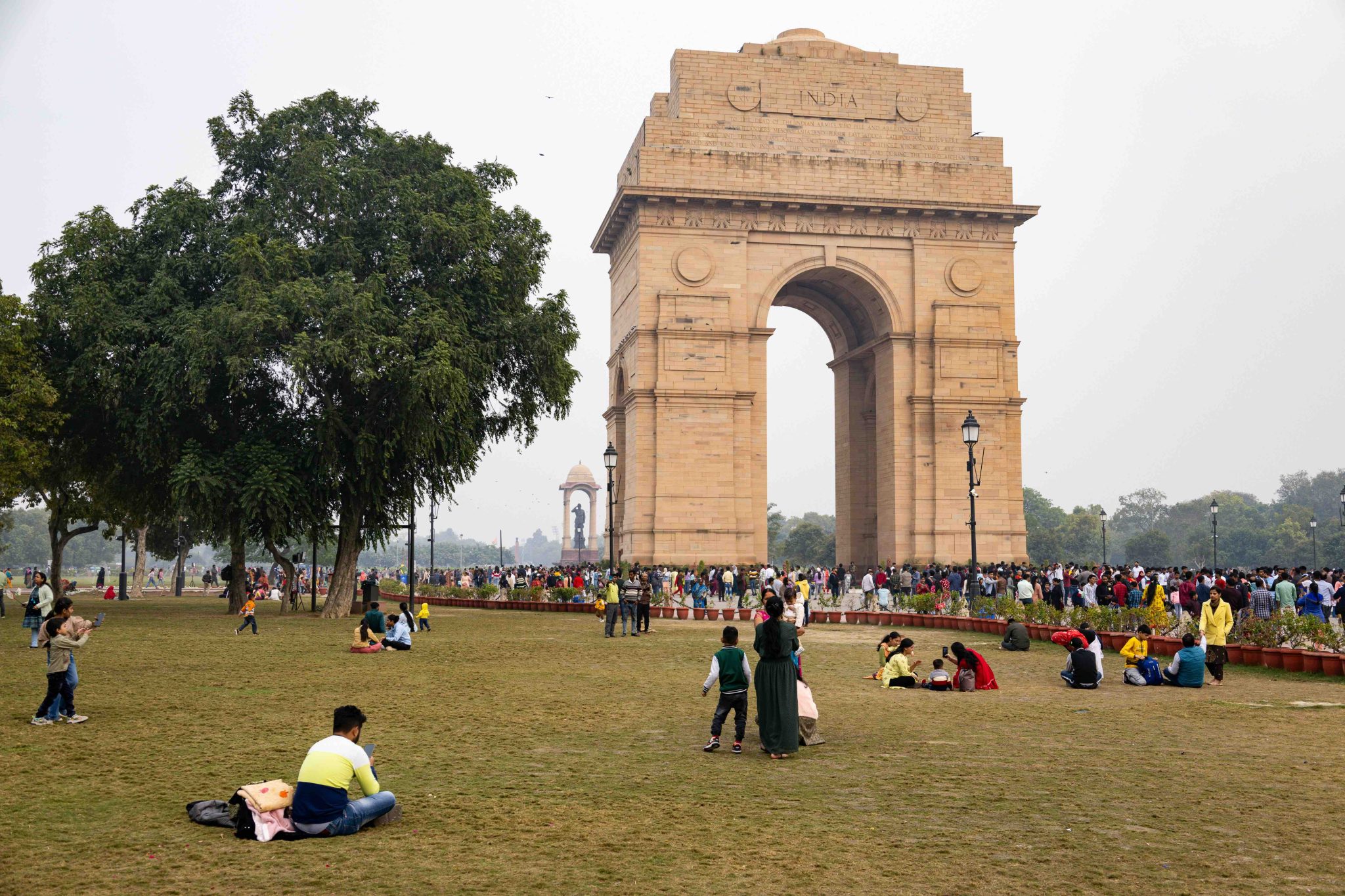
“We are particularly interested in getting students to reflect on the experience of Reverend Martin Luther King, Jr.—often referred to as 'the Black Gandhi'—during his visit to the memorials dedicated to Mahatma Gandhi in New Delhi,” said program instructors Dr. Sumathi Ramaswamy and Dr. Avrati Bhatnagar, whose course is titled “Disobedience in an Unequal World.” “We hope students will consider how King's encounters with these memorials may have influenced his own philosophy of nonviolent resistance and shaped his leadership in the Civil Rights Movement.”
Throughout the semester, students will gain both quantitative and qualitative methods to measure injustice and develop a greater understanding of the history of British colonialism to the legacies of Jim Crow laws and the Hindu caste system. Applying these skills, students will analyze the commonalities of these global systems of oppression, explore how public policy solutions can address historical injustices, and think critically about the ongoing efforts for reparative justice and resistance.
I hope students join us on this journey to study the causes of inequality, past and present,” said Shareef. “And I think it’s going to be a worthwhile experience for all Duke undergraduates.”
-Dr. Shahrazad Shareef
For more program information and logistics, please consult the Duke Immerse website.
Still have questions? Email Duke Immerse Program Director, Susan Pratt at pratt.susan@duke.edu for more information.

